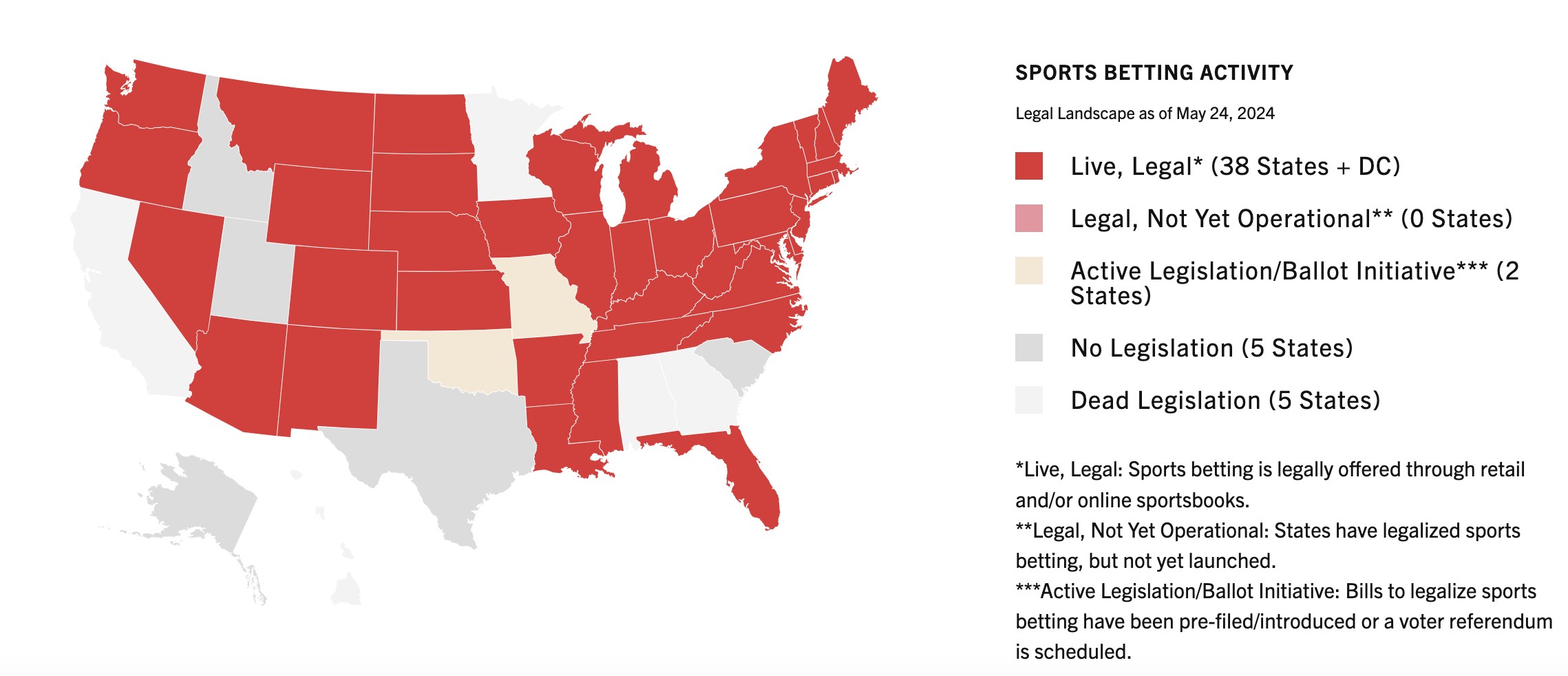Understanding the Basics of Sports Betting
Sports betting involves predicting sports results and placing a wager on the outcome. This can range from who will win a game to more specific events during a sports contest. With its growing popularity, it is imperative www.ggbet-play.com to understand the legal frameworks that govern it to navigate through its complexities safely.
The Evolution of Sports Betting Laws
Initially, sports betting in the United States was restricted by the Professional and Amateur Sports Protection Act (PASPA) of 1992, which effectively outlawed sports betting nationwide, excluding a few states. However, in May 2018, the Supreme Court overturned PASPA, granting individual states the authority to legalize sports betting. This decision sparked a significant change, leading to an influx of states legalizing and regulating sports betting.
By 2025, the landscape has seen more transformations. An increasing number of states have shaped their legislative frameworks to accommodate sports betting, taking into account the digital age’s demands and incorporating online and mobile betting into their regulations. These changes reflect an adaptation to the reality that a vast proportion of sports betting in the modern era happens over the internet.
The Regulatory Framework in 2025
By 2025, the legal landscape of sports betting involves a complex tapestry of state and federal regulations designed to manage the manifold aspects of sports betting. Each state in the United States may have its own set of rules and regulations. For instance, some states allow only in-person betting at physical sportsbooks, while others have provisions for online and mobile betting as well.
Additionally, sports betting regulations often cover several critically important areas:
1. Age Restrictions: Typically, the legal age for sports betting is set at 21 years, but this can vary by state.
2. Taxation: Each state can determine how sports betting is taxed within its jurisdiction, which impacts the total revenue collected from sports betting operations.
3. Licensing Requirements: Operators must obtain required licenses to offer sports betting services, which ensures that only qualified and compliant entities operate in the market.
4. Consumer Protection: Regulations also encompass mechanisms to protect bettors, including responsible gambling safeguards and dispute resolution processes.
These regulatory frameworks are not just statutory but are also reflective of the state’s economic, cultural, and social contexts.
Impact of Technology on Sports Betting
The advancement of technology has had a profound impact on sports betting, amplifying its accessibility and complexity. In 2025, technologies such as mobile apps, artificial intelligence (AI), and blockchain are prominent in the sports betting industry.
Mobile apps offer convenience for users to place bets from anywhere and anytime, driving significant growth in sports betting activities. AI is increasingly used for odds setting, risk management, and customer experiences, integrating vast amounts of data to provide real-time insights and enhanced predictive capabilities. Blockchain technology offers heightened security and transparency in transactions, helping to minimize fraud and ensure the integrity of betting activities.
Considerations for Participants
For those involved or looking to partake in sports betting, there are several considerations to keep in mind to navigate this complex environment successfully:

1. Legal Awareness: Bettors should remain informed about the laws specific to their state or any state where they intend to place bets. This includes understanding what kinds of bets are legal, age requirements, and any other statutory obligations.
2. Operator Selection: Choosing a licensed and reputable sports betting operator is crucial. Licensed operators ensure compliance with legal and regulatory requirements, providing a level of safety and security for bettors.
3. Responsible Gambling: It is essential to approach sports betting with caution. Many states have put in place measures to promote responsible gambling, and understanding these can help bettors avoid the potential pitfalls of excessive gambling behavior.
- Setting limits on betting amounts
- Understanding the signs of problem gambling
- Knowing the available resources for getting help with gambling addiction
Geopolitical Influences on Sports Betting
Moving beyond the US, the global perspective on sports betting varies dramatically. In regions like the UK, sports betting has a long history and is embedded in the culture with fewer restrictions. Conversely, in many parts of Asia and the Middle East, gambling of any form is strictly prohibited due to religious and cultural beliefs.
With the increasing globalization of sports betting, geopolitical factors can influence betting markets. International events, regulatory changes in key markets, and global economic conditions can sway the operations and strategic decisions of sports betting operators worldwide.
The Future of Sports Betting
Looking towards the future, it is anticipated that the legal landscape for sports betting will continue to evolve. More states in the US might move towards legalization and establishment of robust regulatory frameworks. Simultaneously, continuous advancements in technology will further shape how sports betting operates and is consumed globally.
Understanding and adapting to these evolving legal and technological trends will be crucial for all stakeholders in the sports betting ecosystem—regulators, operators, and consumers alike—to ensure a safe, responsible, and thriving betting environment.
